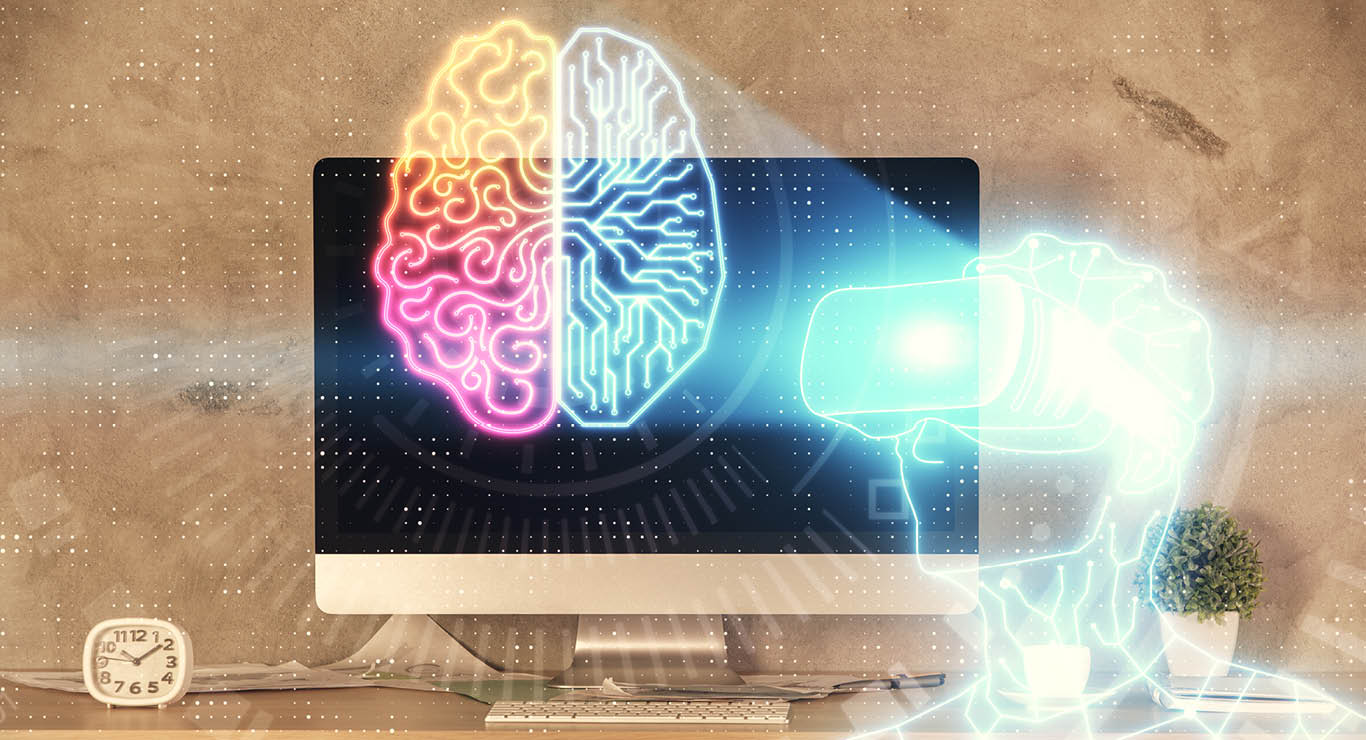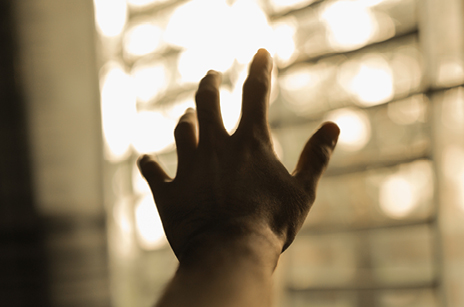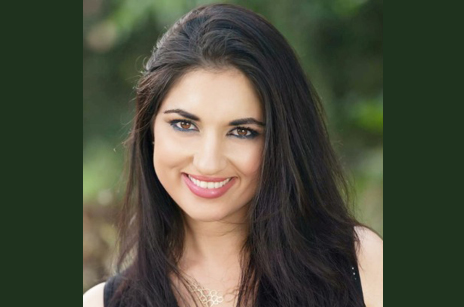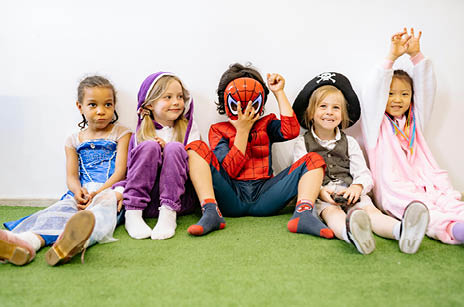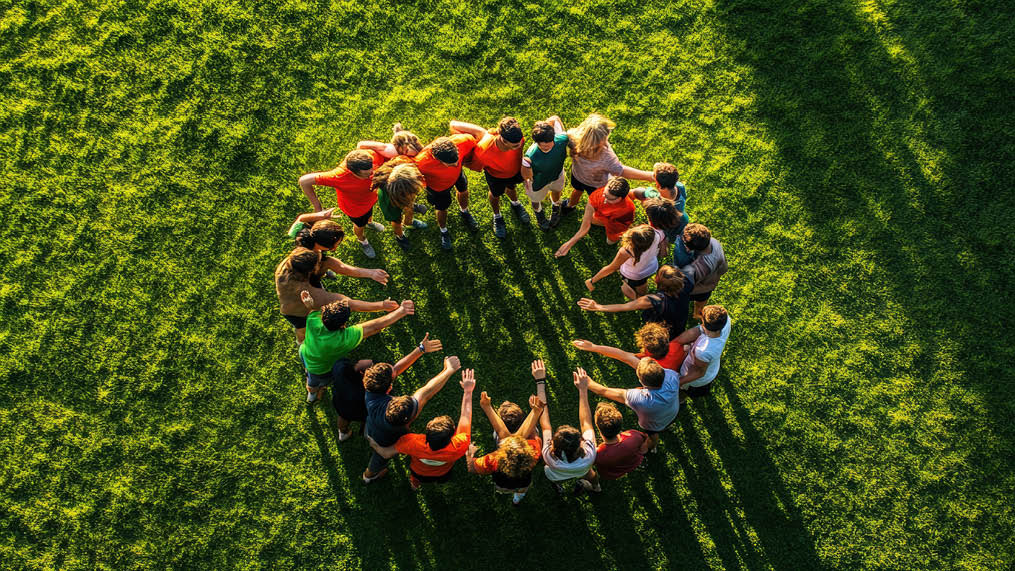
Our Vision
The C.M.H Institute - Community. Meaning. Healing - is an innovative research and implementation institute grounded in the understanding that personal and societal resilience in Israel depends on cultivating a sense of belonging, meaning, and community. The institute was established in response to a reality of prolonged national trauma, aiming to connect theoretical knowledge with action on the ground, utilizing advanced research modalities and leading restorative initiatives.
The C.M.H Institute was founded with the aspiration of building bridges between theoretical knowledge, empirical insights, and practical applications, in order to foster new understandings and infrastructures for community recovery, post-traumatic growth, and sustainable resilience. The institute’s uniqueness lies in its systemic and multidisciplinary approach, alongside a focus on the individual, examining the broader contexts in which coping occurs - community, educational, cultural, and political contexts
Head of Institute
Prof. Pninit Russo-Netzer
The institute operates in several main channels:
Academic Publications
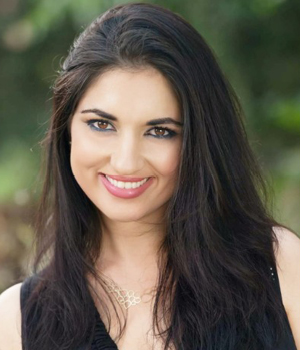
Institute Researchers
Senior lecturer, researcher, author and editor of eight books on subjects ranging from meaning in life, resilience, mental well-being, and processes of change and growth; Head of the Lab for Mental Resilience and Optimal Development Across the Lifespan at Achva Academic College; Head of the Logotherapy training program at Tel Aviv University; Head of the “Matzpen” Institute for Research, Development, and Implementation of Meaning in Life. Developer of prevention, intervention, and training programs in collaboration with scientific and public bodies in Israel and internationally. Recipient of recognition awards from the Division for Meaning and Spirituality, International Positive Psychology Association (IPPA), and the International Society for Existential Psychology (ISSEP). Host of the podcast Talking Meaning.
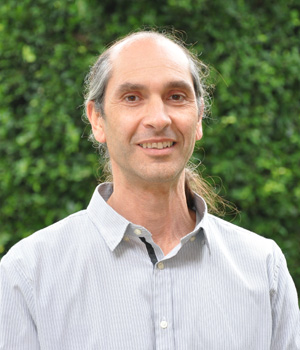
Co-founder and current head of the Culturally Sensitive Clinical Psychology Program at Achva College. In his diverse clinical work, he has specialized in work with trauma survivors (in the current war he served in the combat response unit), and in working with severe disorders as a department psychologist at the Be’er Sheva Mental Health Center. His research focuses on memory and stress, memory and aging, and memory inthe context of various psychopathologies. In recent years, his work has expanded into identity and culture.

Head of the Rehabilitation Psychology Program at Achva Academic College. Researches risk factors for substance abuse, misuse and addiction. Has published over 60 academic articles and chapters in professional books. Advisor to the European Union Drugs Agency (EUDA), and board member of ILSAM– The Israeli Society for Addiction Medicine. Received a PhD from Bar-Ilan University and Postdoc from Sheba Medical Center, Tel Hashomer.

Head of the M.A. program in Educational Psychology and Senior lecturer in the Psychology faculty at Achva College and. Dr. Pariente specializes in research on parental and child coping with stress and challenges. Her research focuses on how parents and children manage stressful situations and cope with life difficulties. Her areas of study include emotional and behavioral reactions of parents and children to stress.
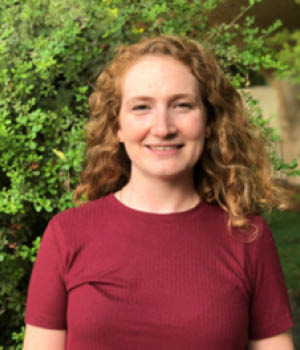
Lecturer in the Rehabilitation Psychology program at Achva Academic College. Her research focuses on visual working memory and encoding processes in the general population and individuals with brain injuries, mental disorders, and various neuropsychological conditions. Her studies examine the relationships between cognition, emotional states, and neuropsychological functioning using advanced research technologies such as eye-tracking
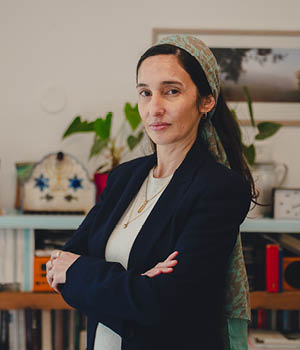
Clinical Psychologist, is Head of the M.A. Program in Culturally-Sensitive Clinical Psychology at Achva Academic College, Israel, and a researcher in the fields of trauma, women’s health, and culturally sensitive psychotherapy. Dr. HaCohen currently serves as a Scholar in Residence at the Hadassah-Brandeis Institute for Gender and Judaism at Brandeis University, Boston, USA. She is a board member of the Briah Foundation for the promotion of women’s health in Israel and specializes in the treatment of trauma, sexual trauma and culturally sensitive psychotherapy
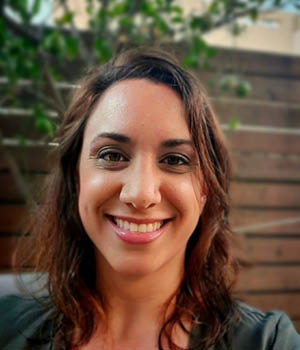
Senior Lecturer and faculty member in the M.A. Program in Rehabilitation Psychology and the Faculty of Psychology at Achva Academic College. Ph.D. from Bar-Ilan University. Her research focuses on psychological adjustment to medical conditions and stressful life circumstances, especially among therapists, healthcare professionals and family members
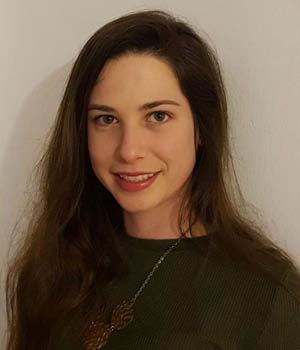
Integrator C.M.H
Doctoral candidate nearing completion of her Ph.D. in Organizational Behavior at the Coller School of Management, Tel Aviv University. Her research examines how organizational interventions shape decision-making and team performance, focusing on the cognitive processes that guide people at work. She holds an MBA with a specialization in Organizational Behavior and a BA in Psychology from Ben-Gurion University of the Negev. Aya brings extensive experience in human resources and talent acquisition in the high-tech industry and aims to bridge academic research with real-world organizational practice
Advisory Committee to the Institute
Prof. Yifat Bitton – President of Achva Academic College | Prof. Pninit Russo-Netzer – Head of C.M.H Institute
Prof. Gabi Shefler – Dean, Faculty of Psychology, Society and Humanities | Prof. Yoni Gaz – Head of MA Program in Clinical Psychology
Prof. Gabi Shreiber – Dean, Faculty of Sciences, Health and Sustainability
Adi Moran – Head of Marketing, Sales and Business Development | Hodaya Shaked – President’s Chief of Staff






